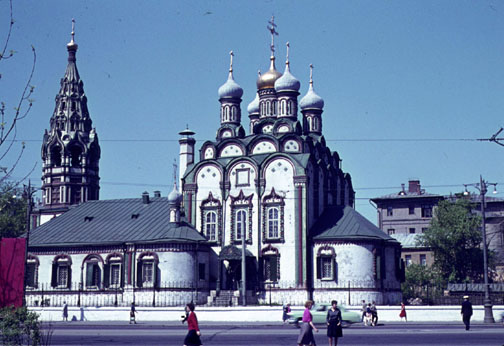
| By Admin1 (admin) on Sunday, August 18, 2002 - 8:09 pm: Edit Post |
Serious Disagreements between the United States and Russia may imperil Peace Corps in Russia


| By elisabeth17 (static-66-173-145-138.t1.cavtel.net - 66.173.145.138) on Tuesday, April 04, 2006 - 11:24 am: Edit Post |
hey nice article